The Bingel Laboratory
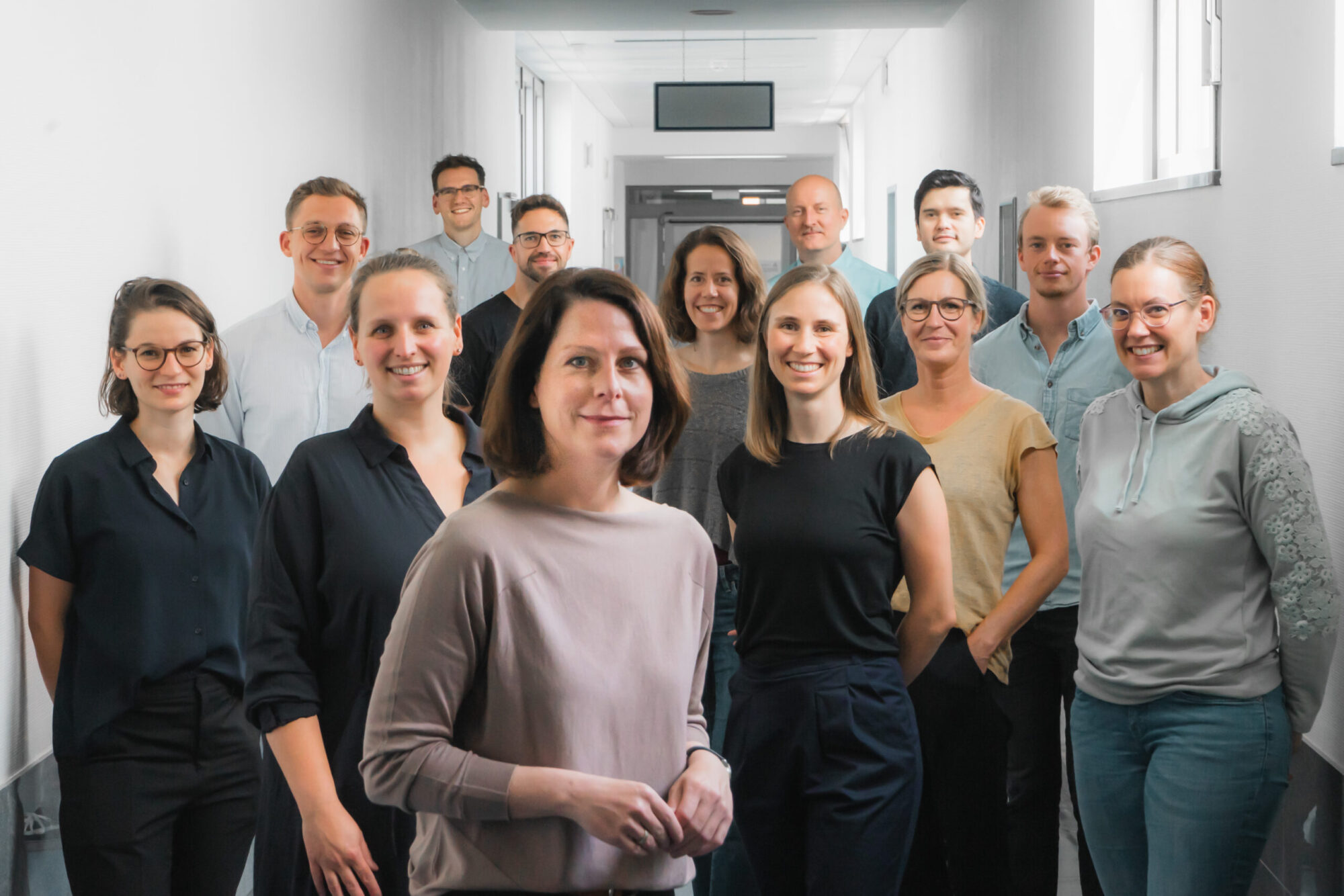
Prof. Dr. Ulrike Bingel and her research group focuses on the interaction between pain and cognitive processes. We have a longstanding expertise in investigating the CNS mechanisms underlying nociception, pain, and pain modulation in health and disease. In our research, we use behavioural paradigms, pharmacological modulations, as well as functional and structural brain imaging. Being particularly intrigued by the reciprocal effects of pain and cognition, we have a strong focus on translational questions such as the role of expectations and prior experiences on analgesic treatment outcomes. Our interdisciplinary research group comprises neurologists, neuroscientists, psychologists, biologists, and computer scientists and is based at the Department of Neurology at the University Medicine Essen. We are affiliated with the Erwin-L-Hahn institute for magnetic resonance imaging and the Translational Pain Research Department of the University Pain Center. Our research is funded by the Deutsche Forschungsgemeinschaft.
Recent News
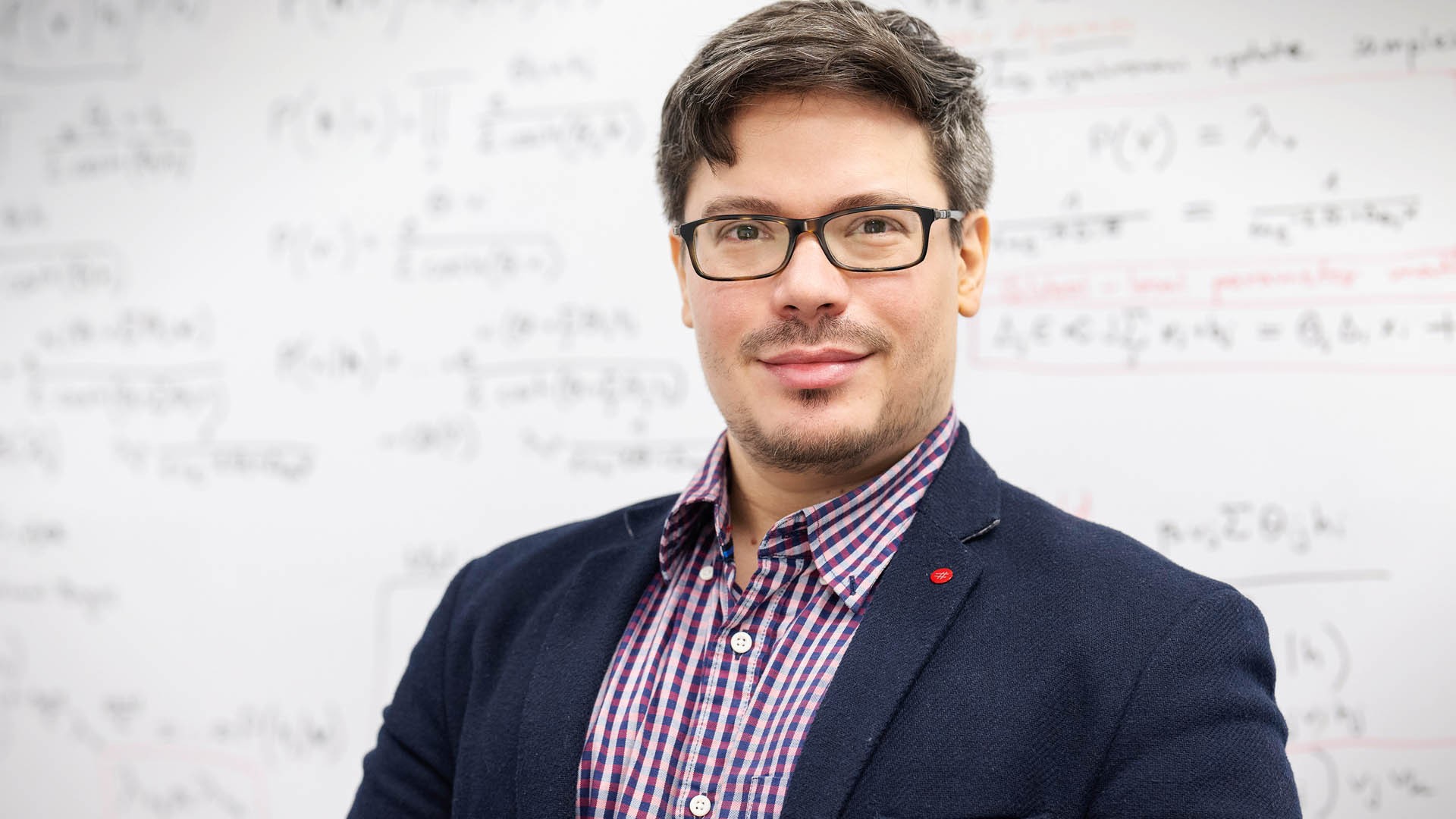
How does our brain work? Is our knowledge sufficient to predict individual human behavior? Dr. Tamás Spisák, new Professor of Predictive Neuroscience at the Faculty of Medicine at the University of Duisburg-Essen, is developing biomarkers. Read more about his future plans here (picture UDE/Bettina Engel-Albustin). We are so happy for him and wish him all the best in this new role!
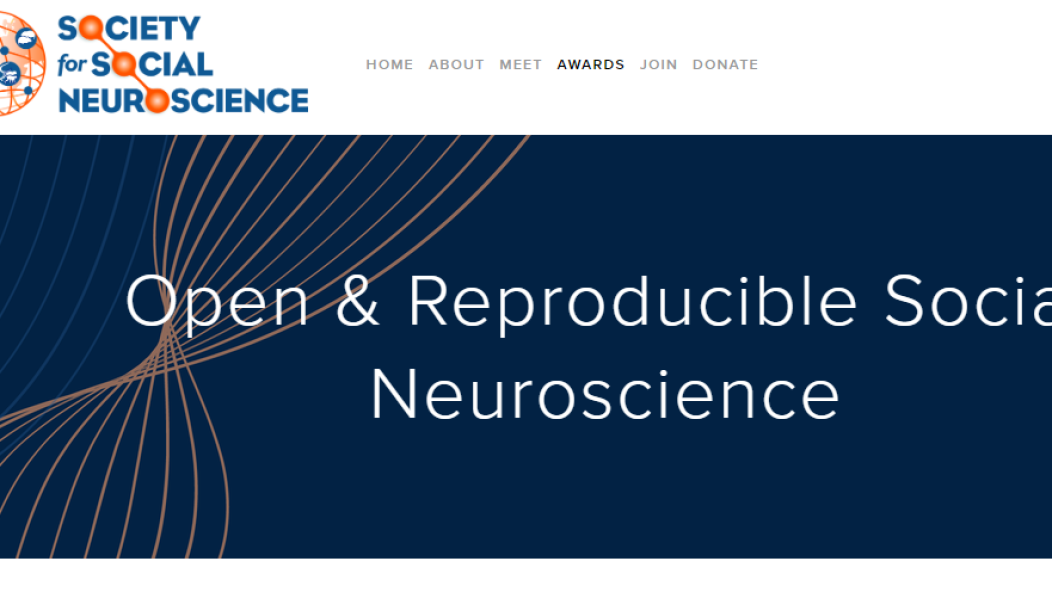
And we have another celebratory event: Helena recently won the Open & Reproducible Science prize of the Society for Social Neuroscience, in the category “human social neuroscience”. Helena employs state-of-the-art Open Science practices in her own research, including preregistration of fMRI studies and sharing code and data on the Open Science Framework. She is an active contributor to the field and promotes Open Science at many different levels, with the overarching aim of making open-access online resources available to the scientific community, especially early career researchers. Helena is also an editor at two important science outlets that promote Open Science: Collabra: Psychology and PCI Registered Reports. Among her many contributions, Helena has created and now curates a GitHub repository of helpful research tools and resources for scientists called “Awesome PhD” and is part of ARIADNE, a scientific navigator to help you through the resource jungle.
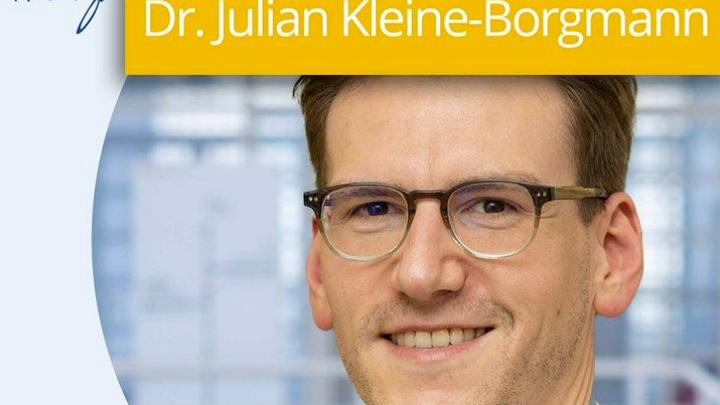
We excitedly congratulate Dr. med. Julian Kleine-Borgmann on passing his specialist examination! Julian studied medicine in Essen and has been successfully completing his specialist training here at the Department of Neurology since 2016. At the same time, he has been working scientifically in the Bingellab, focusing his research on the interaction of cognitive factors with the development and treatment of pain. During his specialist training, he also spent six months at Einstein College in New York City and at the Harvard T.H. Chan School of Public Health. Here he conducted research on migraine, among other topics. We are delighted to have such a dedicated colleague in our team and wish him every success in his future career – starting with the acquisition of the additional qualification “Special Pain Medicine”.
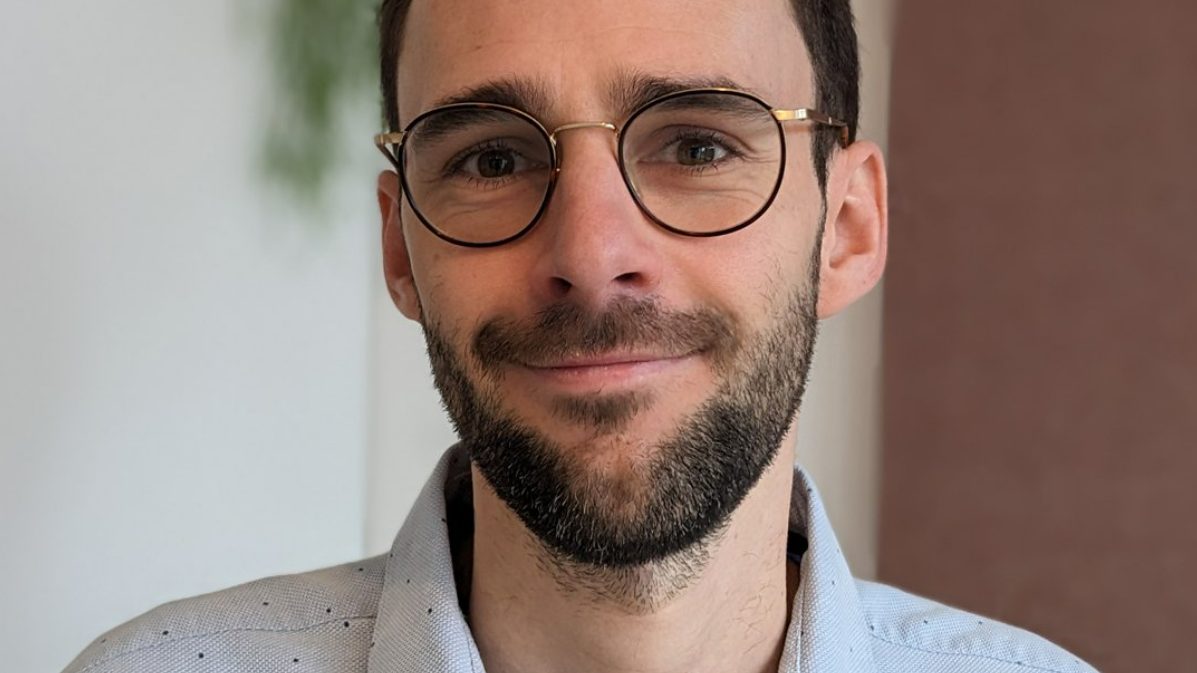
We warmly welcome Prof. Jonas Zaman (KU Leuven) as a guest researcher to the Bingellab! He has gained international recognition for his pioneering research on the interplay between fear and learning in the context of chronic pain. Through innovative experimental methods, his work has significantly contributed to reshaping our understanding of how acquired knowledge generalises to new contexts and how overgeneralisation can drive the development and maintenance of conditions like chronic pain or anxiety disorders. In his time with us, Professor Zaman will extend his investigations into fear and learning by characterising underlying brain mechanisms and exploring their broader implications for health and disease. Read more about his background and plans with us here (in German).
@Bingellab Instagram Feed




